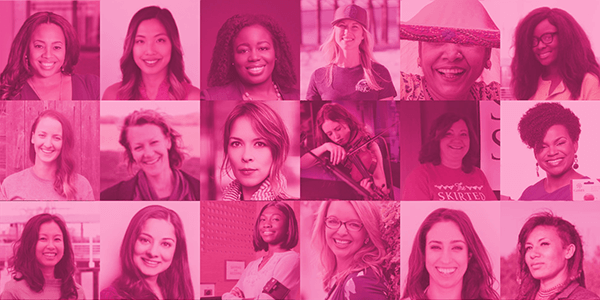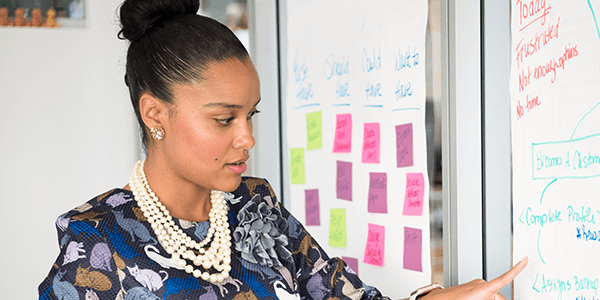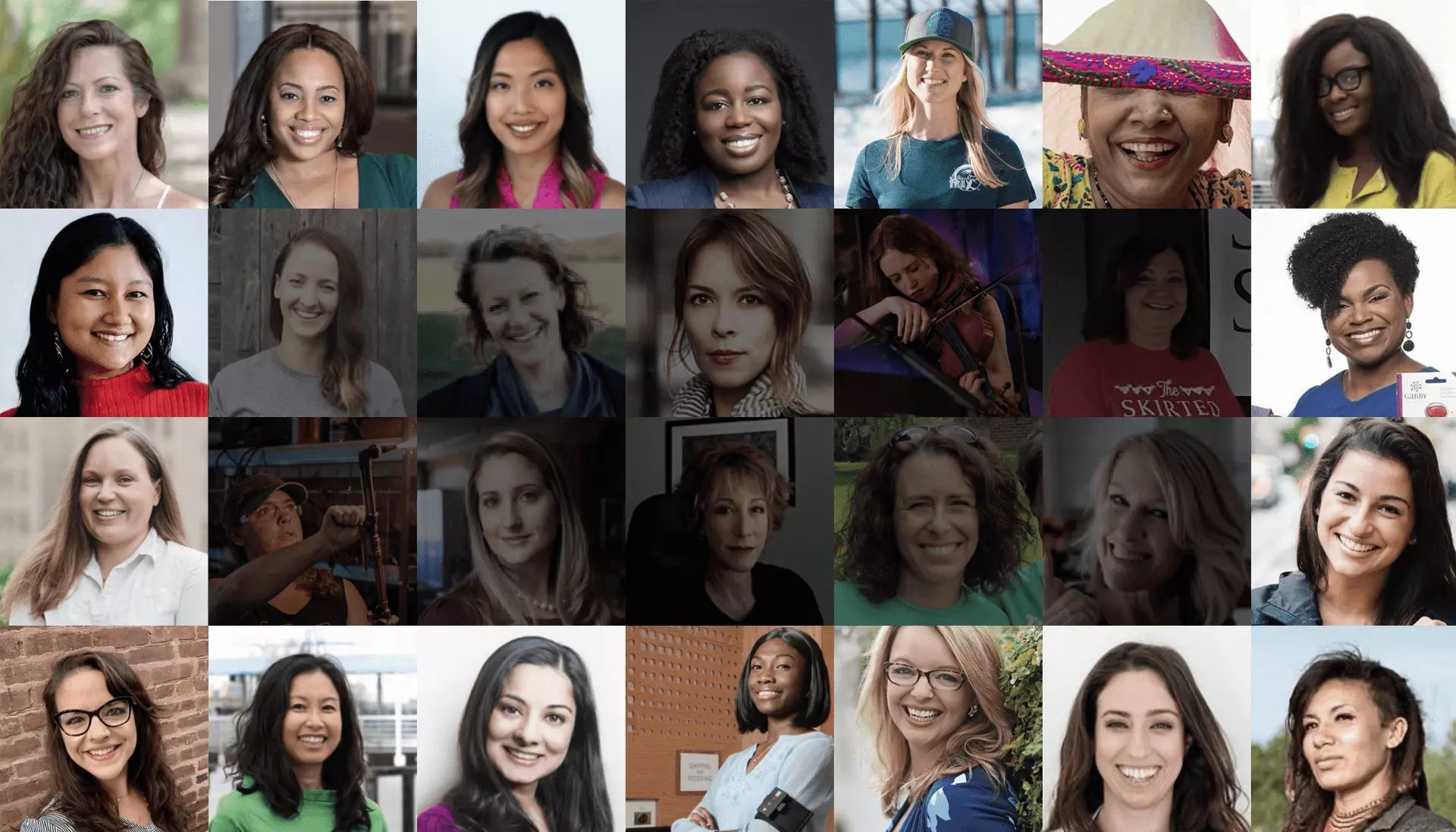

May 19, 2025
April 2025 Sustainability Grant Awarded to Shuggie’s Trash Pie + Natural Wine

Shuggie's Trash Pie + Natural Wine
Woman Entrepreneur:
Kayla Abe
Her Website:
https://www.shuggiespizza.com
We’re excited to announce the April $10,000 Business-Category: Sustainability Grant recipient. Congratulations to Kayla Abe, owner of Shuggie’s Trash Pie + Natural Wine.
Recently, WomensNet Advisory Board member Jama Hernandez sat down with Kayla for an exclusive interview. You can listen to their conversation and view the transcript below.
Video Transcript
Jama: Hi everyone. Welcome to an interview with our April, 2025 winners. We are super excited here to share a bunch of wonderful information from our winners and what they plan to do. Get ready to feel inspired! My name is Jama and I am with the Women’s Advisory Board. Today we are speaking with Kayla Abe, with Shuggie’s Trash Pie + Natural Wine. She is our business category winner for the month of April, which as you know is sustainability. Can you please tell us a little bit about Shuggies Trash Pie + Natural Wine?
Kayla: Yeah, absolutely. Thanks for having me. Shuggie’s is my restaurant in San Francisco, we’re a climate solutions restaurant, so we’re focused entirely on upcycled ingredients, highlighting things like byproducts, off cuts, cosmetically irregular- produce surplus things that are traditionally overlooked in the conventional food system and we make them the highlight of our menu.
Jama: You told us a little bit about being climate friendly business- can you please tell us what else makes your business approach unique from other restaurants in the area?
Kayla: Yeah, it’s baffling to me in a way that it’s not more of a focus within the restaurant industry- but aside from like one other spot in the US and a few popups that have happened by some prominent chefs, there really aren’t restaurants focusing on food waste. At the same time, it’s one of the leading causes of climate change and one of the potential solutions. And my partner and I really felt that as chefs- restaurants lead the food culture in our country, it’s really our responsibility to be thinking about these things. It is more work, but at the same time it’s, it’s super rewarding. We work directly with a lot of farmers and food producers in the area and we act as this kind of catch for all of these ingredients that would otherwise go overlooked or discarded, all of them perfectly good to eat just irregular for the conventional markets. The goal is when people come in, to try to influence a little bit about how they’re thinking about their personal impact on the environment through the way that they eat.
Jama: Absolutely. And I can see just how influential this is. Everything from saving on transportation costs, food waste costs, and just so many different ways that you’re really helping the environment and at the same time providing a really nice venue for people to come enjoy. So that’s amazing. Thank you. So tell us, who inspired your business?
Kayla: It’s really been working directly with farmers that have been the driving inspiration for what we do. I never had an aspiration to own a restaurant- that was never in the cards for me. I have always been focused on the environment, and food being a really major way for us as individuals to have some say in what happens in the environment. Just right out of college, I worked with a farmer’s market operator and educational nonprofit and I was doing a lot of their communications at the time. So I would be speaking with farmers at the market several times a week, just like hunting for stories- and this common thread between all of them was the gross amount of waste that they would accumulate on the farm, but also at the market and all of that after, you know, breaking their backs, like sowing seeds, tending to the harvest and then harvesting and then transporting to market and then still having to deal with something like waste because of cosmetic irregularity. Or something like a bump in harvest. It just felt like there was a huge disconnect that felt like more of an educational problem than anything else. So for me, that’s really become the driving force within my life. Before the restaurant, I had another company focused on food waste- like a CPG product. But to actually bring people into a space and convince them and educate through feeding them really good food that they wouldn’t know otherwise might be using upcycled ingredients has been a really compelling way to bring people along on this educational journey.
Jama: Very nice. And so you’re really tailoring your food to what you have your hands on. Can you speak a little bit about your menu and just that whole process?
Kayla: Yeah. I guess it is a little bit unusual and the processes reversed from other restaurants. We build a menu around what we get from farms. At a certain level, waste is predictable, so certain farms are able to say, I’m going have a surplus of this thing pretty much all season. Like if it’s summer, tomatoes are always going be more popular than squash. So there’s always going be like a bump from this one farmer that we know, but they want to keep a diversity at their stand so they need to have both. So we’re able to plan seasonally around things like that. And then you know, other times we have farmers that are like, I planted too much of this thing. I have an excess of like an entire field of these radishes. Like, can you take them on? So then we build a menu around that. But all, everything on our menu has at least three to five or seven different upcycled ingredients. And it really is a range from like agricultural, farm promotional products, to things like a chocolate partner. Sometimes they have cocoa nibs that are off spec for their commercial needs, or like we have a walnut farmer that has walnuts that are slightly too dark for their grade. It’s, it’s a lot of fact finding and hunting around to figure out what people’s needs are. And there’s a lot of change, but at the same time we build holes in our menu that are kind of flexible and we swap things in and out.
Jama: Very, very cool. Wow. We do need a lot more Shuggies around!
Kayla: That’s the goal! We don’t want to be the only trash people, hopefully there are more!
Jama: Well, thank you for being with us today. We really appreciate it. We are very excited to see what you’re going to continue doing in the next few months and how this award money is going to help propel your business forward. And so please keep in touch with us. Thank you.

















